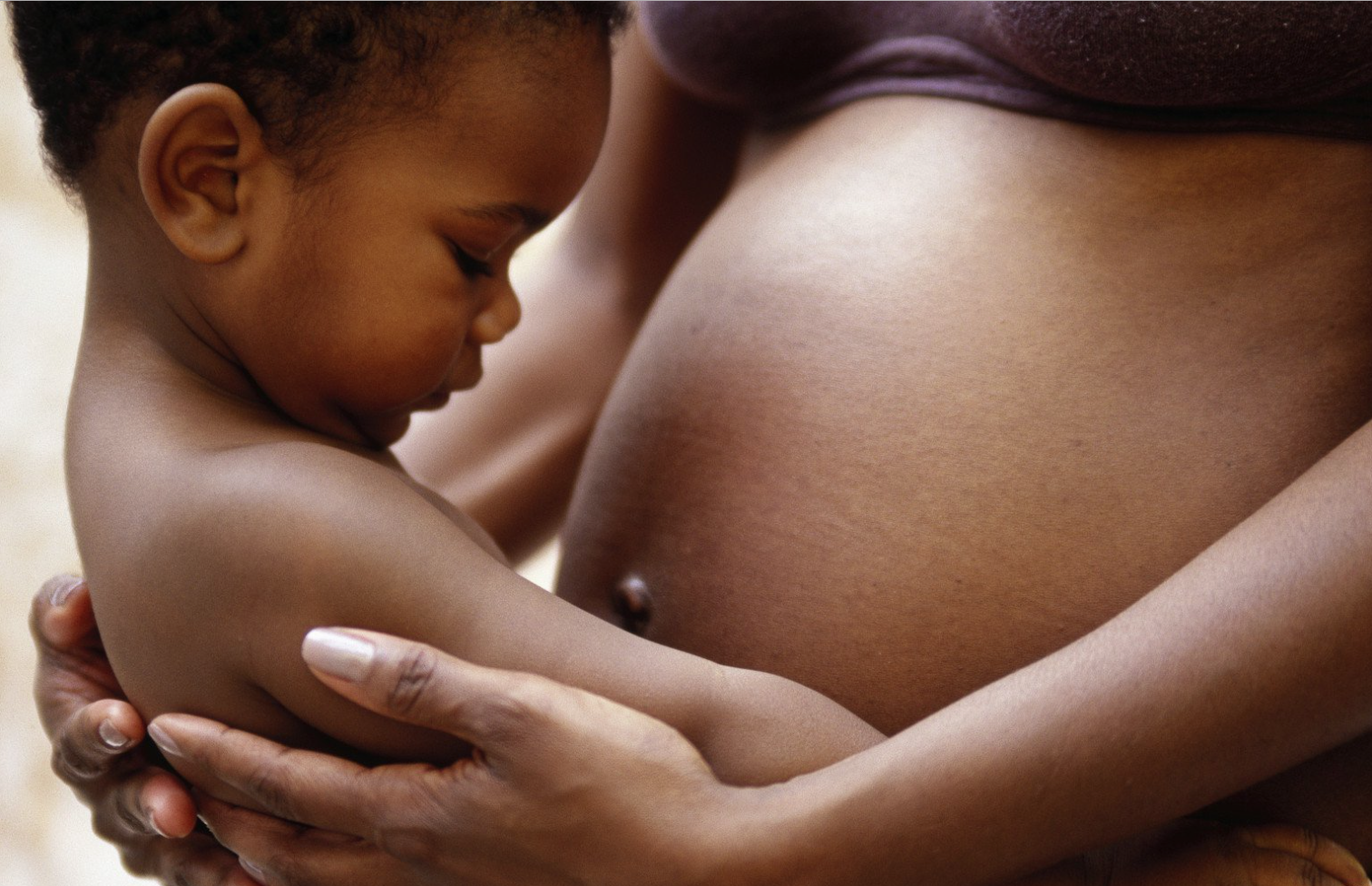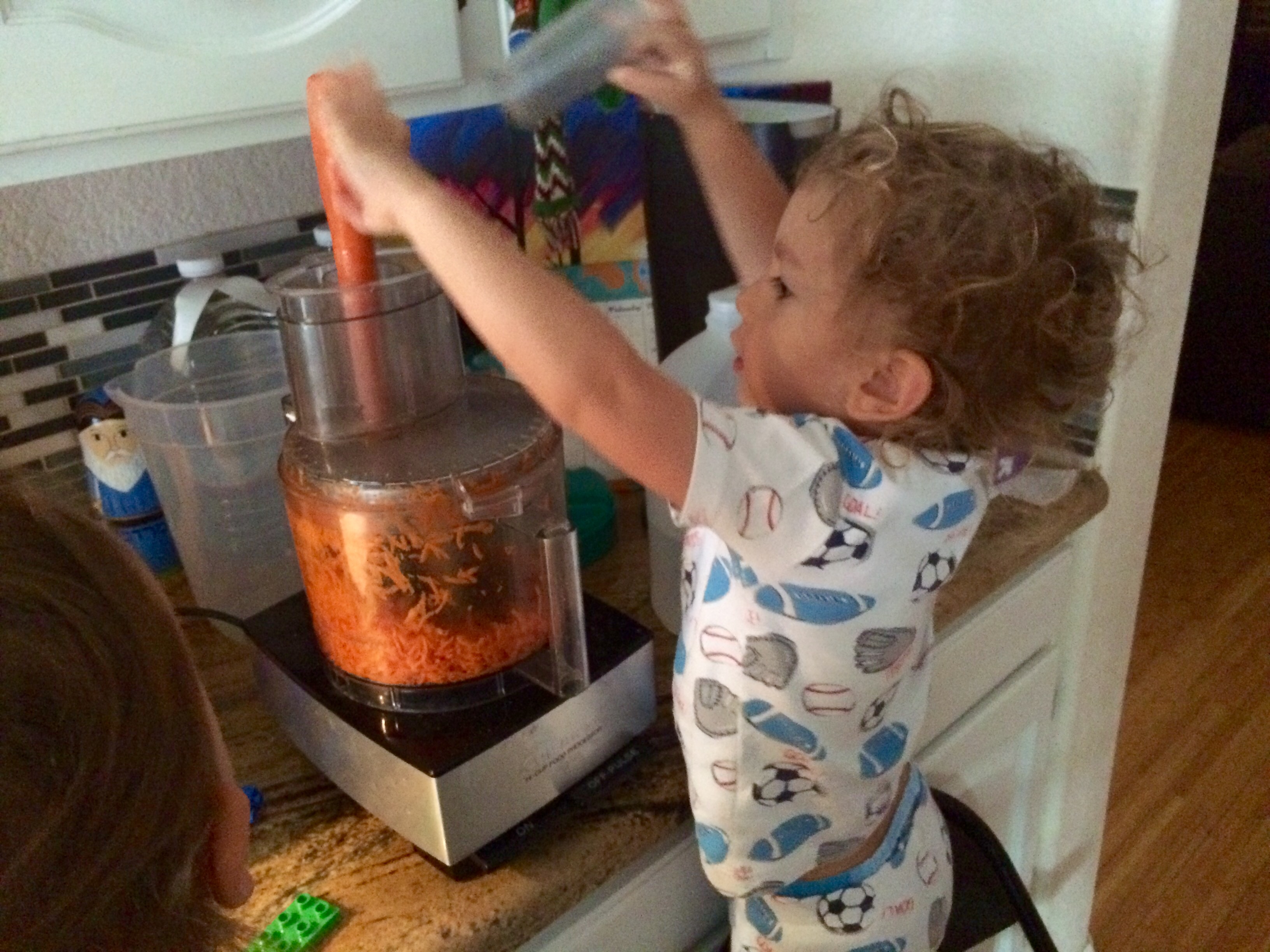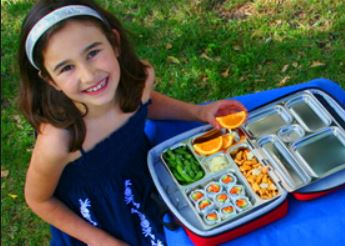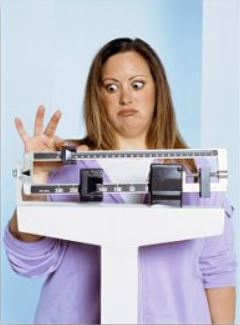A woman who has battled her body for 25+ years sees the number on the scale going up and up. Even though it signifies a beautiful blessing (or two, or three) growing inside of her, it triggers old fears and challenges. As I guide her toward easy snacks and prenatal supplements, I help facilitate her relationship with her new body.


While many women wish their bodies looked different, smaller, perhaps the way it was before baby, my job as a non-diet RD is to bring their focus, attention, and energy to comprehensive health, and barometers that matter.
Why isn’t that the scale? There are so many factors that contribute to a person’s number on the scale. Genetics, lifestyle, and other factors both in and out of our control will impact the scale. But it’s important to know that there are those in bigger bodies who are healthy and those in smaller bodies who are not.
Instead of looking at the scale, consider your mood. Your sleep quality. You interpersonal relationships. Your stress level. For objective means, look at your A1c and inflammatory markers. These are indicators of health far more important than the scale.
The scale won’t build you up. The scale won’t increase your confidence as a mother, sister, wife, daughter, or friend.
Because that’s what we all really need, right? More confidence. Less mom-guilt.



